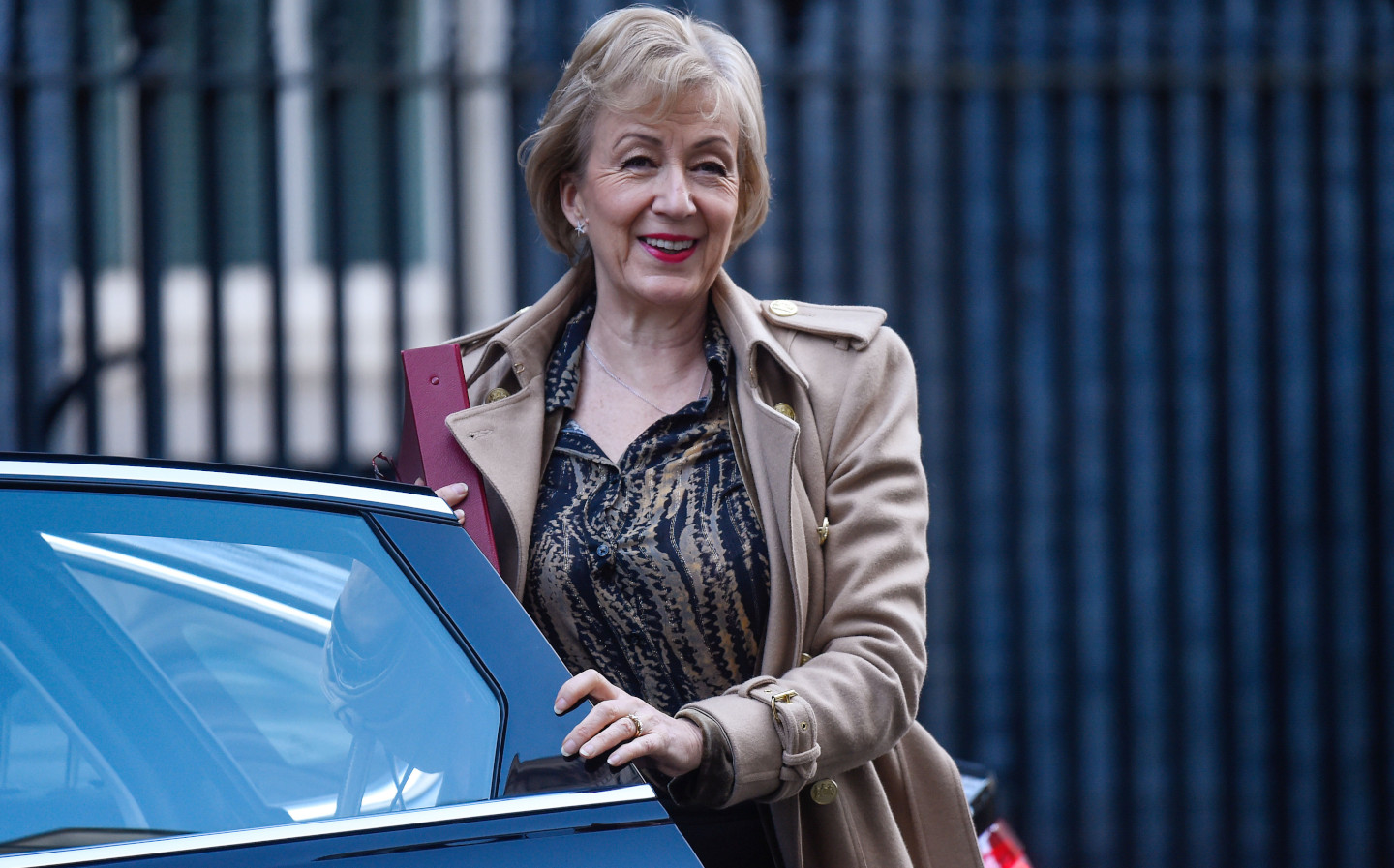G7 summit: Tax car makers that don't produce enough electric cars, say former ministers
Plea made ahead of G7 summit
TWO FORMER cabinet ministers have said that car makers should face carbon taxes if they don’t manufacture enough electric vehicles.
In a joint article for the The Times‘ Red Box politics section, Amber Rudd, who has formerly held the positions of home secretary and energy secretary, and Andrea Leadsom, who was business secretary in 2019 and 2020, said that the government needed to implement binding targets that manufacturers must stick to, facing fines if they did not meet them.
“We welcome the government’s commitment to phase out the sale of new petrol and diesel cars by 2030, echoing the pledge that we made in government to phase out coal-fired power stations by 2025,” they wrote. “But we must ensure we put UK jobs at the heart of the mission for cleaner transport.”
The two ministers decided to write the piece ahead of the UK-hosted G7 summit, which will see delegates from France, Germany, Italy, Japan, Canada and the United States arrive at Corbis Bay in St. Ives, Cornwall. Tackling climate change and rebuilding the global economy following the coronavirus pandemic.

Rudd and Leadsom, who have found often found themselves at loggerheads over their differing approaches to Brexit, said that they felt united by a “shared commitment to decarbonisation”.
They called on the government to follow the lead of California, which has a ZEV (zero-emission vehicle) program that requires 22% of all manufacturers’ vehicle fleets to be zero-emission capable (either battery-electric, fuel-cell electric or plug-in hybrid). The former cabinet ministers said that such a system could encourage “the Teslas of the world to set up shop in the UK and help to reinvigorate our car manufacturing sector.”
The EU has a system whereby car makers must meet fleet-wide emissions targets or pay heavy fines, but there is currently no specific requirement for the number of electric cars they must make. The UK has adopted the same emissions targets as the EU for 2021.
The UK’s car making industry has been significantly hobbled by the coronavirus pandemic, with the Society of Motor Manufacturers and Traders estimating that the adverse effects on demand and manufacturing capability cost the sector more than £20bn in missed sales. Despite increased sales in the last couple of months, total registrations in 2021 so far are 29.1% below the decade average.

However, sales of electric cars have generally been seen as the silver lining — their popularity risen by 185.9% through 2020, while their market share in 2021 has increased to 7.5% from 4.3% in 2020.
Prime Minister Boris Johnson has made electric cars a keystone of his “Green Industrial Revolution”, which aims to create 250,000 jobs while simultaneously eradicating the UK’s contribution to climate change by 2050. Other G7 members have made similar pledges — in April, President Joe Biden vowed to slash the US’ emissions by half by 2030 in order to “overcome the existential crisis of our time”.
Rudd and Leadsom also said that the UK needed to pay more attention to the sustainability of its imports, noting that, while the UK has pledged to close its coal-fired power stations by 2025, it continues “to allow the purchasing of wind turbine components manufactured using coal-fired power stations and delivered via diesel-fuelled shipping.”
The pair wrote that a “carbon border adjustment system” should be set up that would prevent the UK’s climate ambitions from being undercut by imports from more polluting countries.
Tweet to @KieranAhuja Follow @KieranAhuja
- After reading that two former cabinet minsters have called for a tax car makers that don’t produce enough electric cars, you might be interested that the uptake of pure-electric cars has affected by the reduction in the government’s plug-in car grant.
- Nissan is reportedly seeking government support for a UK gigafactory.
- All future smart motorways must have a life-saving camera system, the government has ruled.





